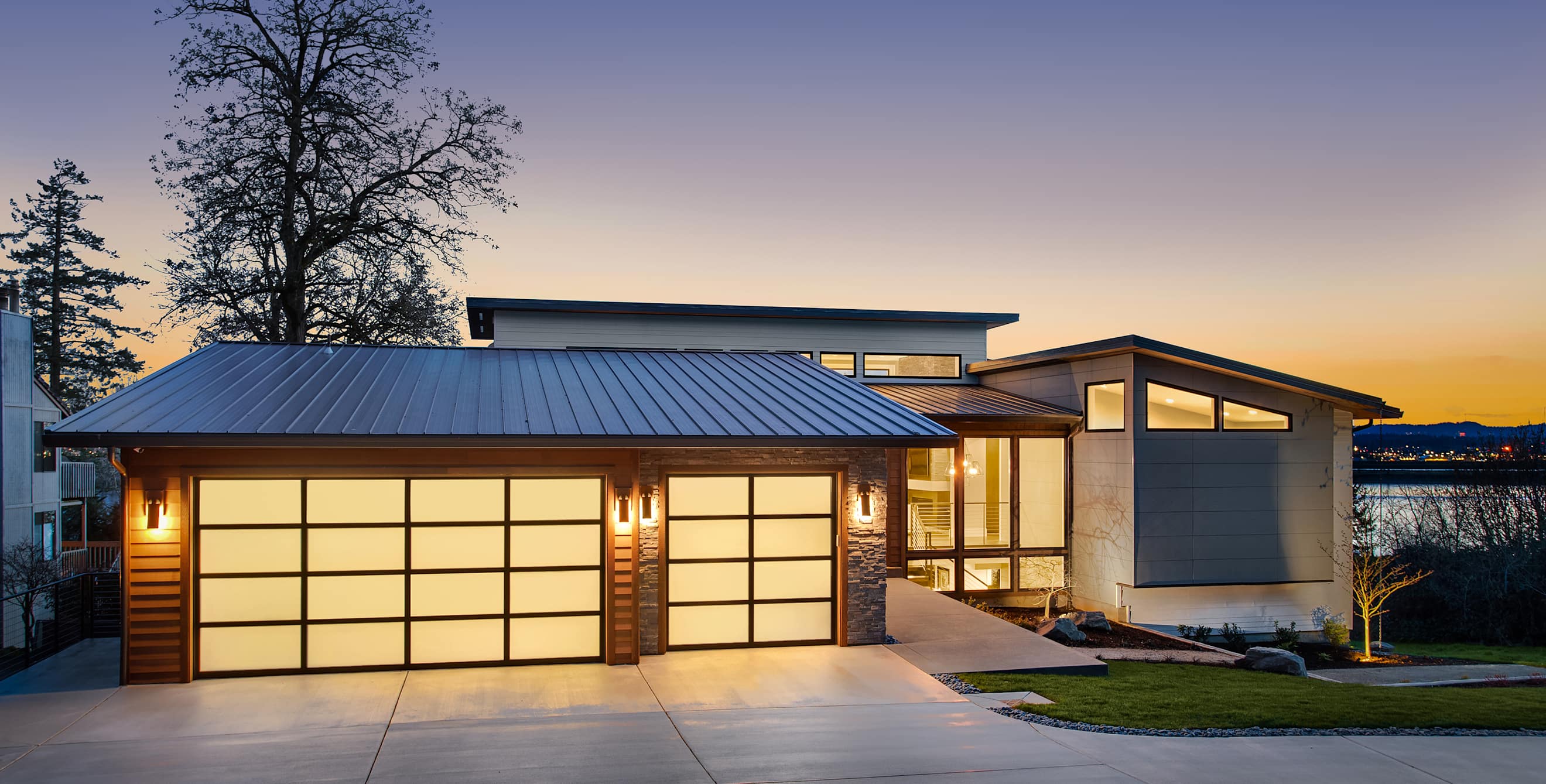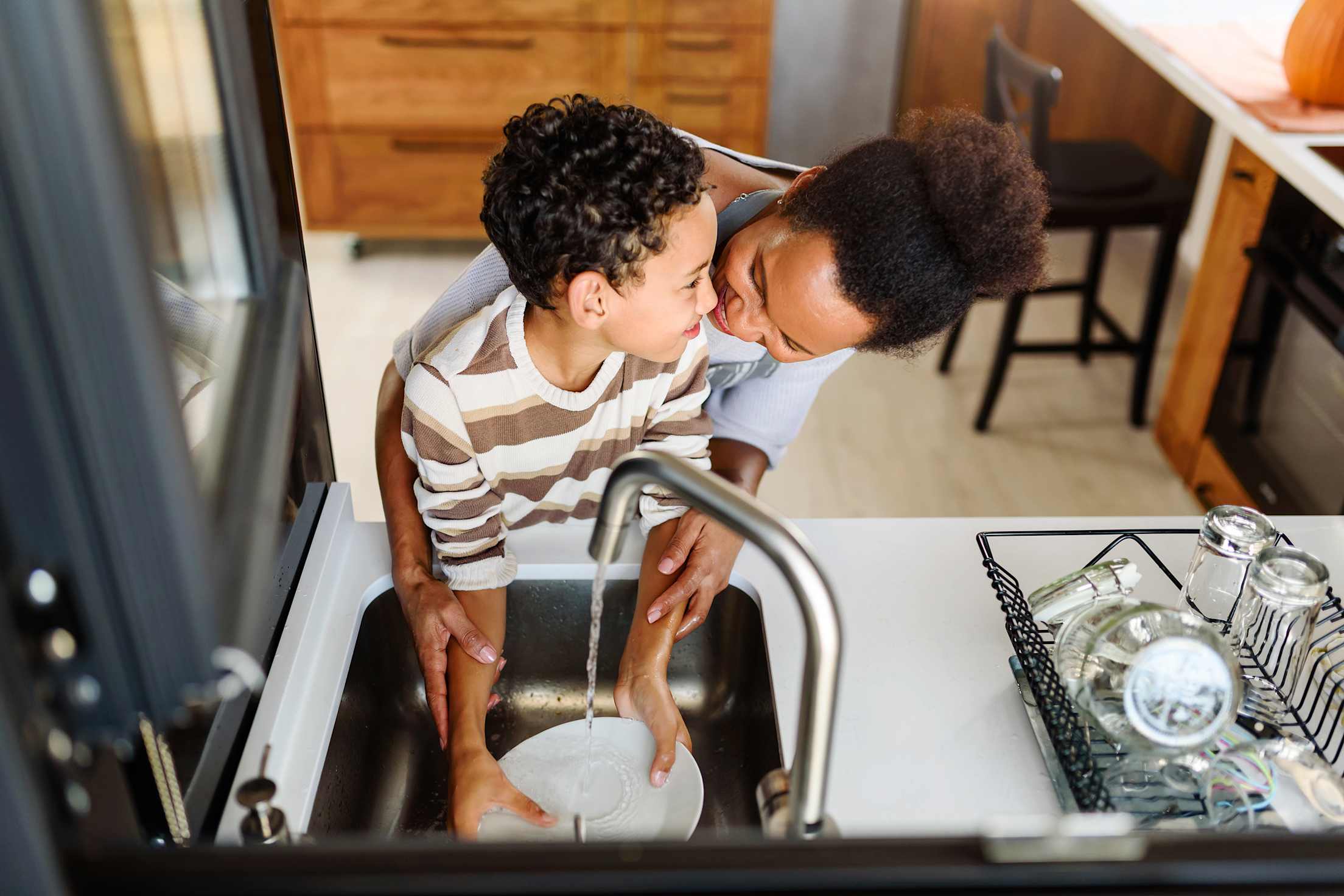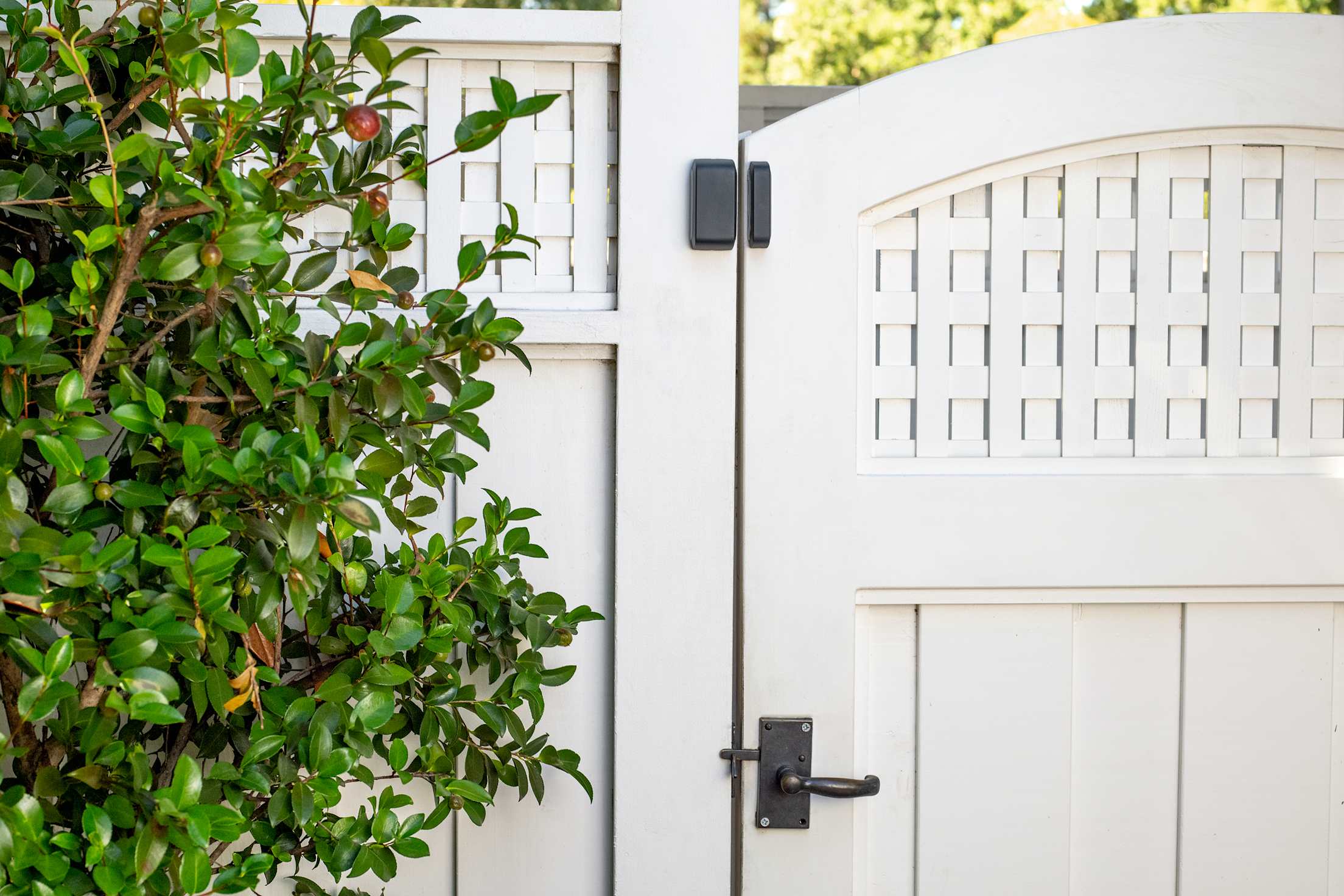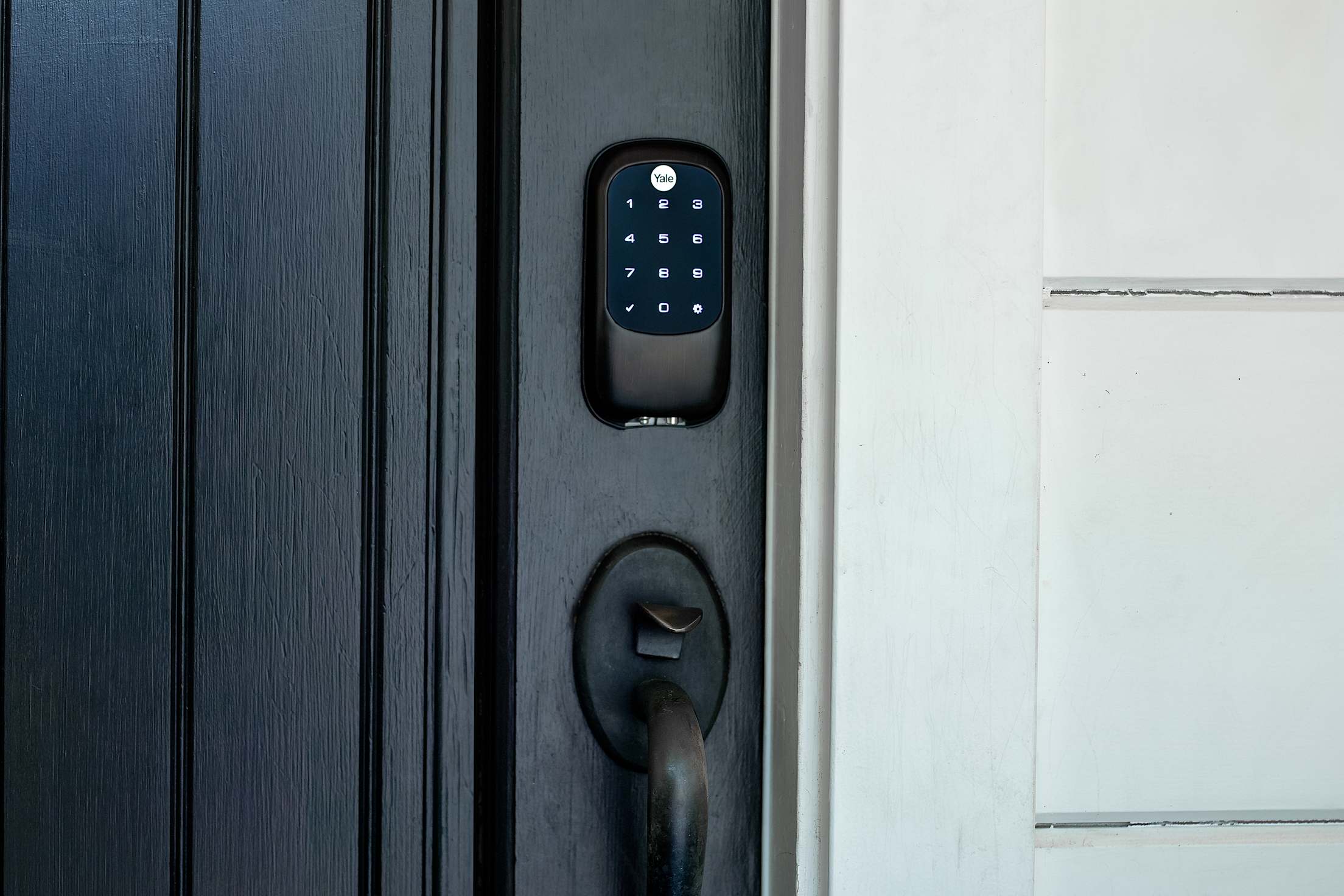
10 Smart Home Devices That Help Prevent Damage and Theft
These devices are more than just convenient.

Thanks to smart home devices, you can turn on the lights by speaking and lock your front door from afar. Simply put, they make homes more delightful.
“The purpose of having a smart home device is to keep your home functioning at the highest level it possibly can—that includes a whole host of benefits,” says Christina Robinson, content marketer with A3 Smart Home.
But it’s not just convenience: Smart home devices help improve safety and security. With them in place, you can get alerts for fires and potential break-ins along with an early heads-up about accidents (think: an overflowing washing machine) that can lead to costly damage. Many smart devices can help safeguard your home from theft and property damage.
Connected Smoke Alarms and Carbon Monoxide Detectors
“Connected smoke alarms are an unsung hero,” Robinson says. When there’s smoke, these devices make a racket and also send an alert to your phone, so you’re informed of the situation whether you’re at home or far away. These alarms can also notify the fire department through the central monitoring station. California residents with a monitored, central fire alarm can lower their AAA Insurance costs by five percent.
A smart carbon monoxide detector works similarly to the smoke alarm, sending real-time alerts to your phone and control panel, and alerting first responders.

Water leak sensors can let you know if a pipe start to leak inside the cabinet.
Water Detectors and Temperature Sensor
Water is a home’s nemesis: It leaves mold and mildew in its wake and can destroy furnishings and the building’s structure. Plus, clean up is costly, clocking in between $1,000 and $5,000 for the average home, according to Home Advisor.
Smart home devices can help. Flood sensors, for instance, send an alert to your phone when they detect water. “If your water heater is leaking or your dishwasher has an issue, you can know about it right away before water damage gets worse,” Robinson says. Consider installing one in your basement or crawl space, under the kitchen and bathroom sinks, and near your washing machine, dishwasher, and water heater.
If you live in a climate that freezes in the winter, a temperature sensor can notify you when temperatures dip, so you can take action to prevent pipes from first freezing, then bursting.

Window and door entry sensors can alert you if you've left one open or if it opens unexpectedly.
Window and Door Entry Sensors
Burglars aren’t typically creative: Most enter homes through the front or back doors or windows on the first floor, according to ADT. With these discrete devices in place, you’ll know when doors and windows open, whether you’re home or miles away, Robinson says.
Garage Tilt Sensor
You’ll appreciate this device if you’ve ever driven a block away from your home only to wonder if you closed the garage door, Robinson says. Its sensors let your system know if the garage door is open or closed—and, you can set this smart home device up to let you know when you’ve left the garage door open. That’s important, since your garage may have valuables inside, and it can also be an easy access point into your home.
With the garage tilt sensor, you can use assistants on your phone (think: Siri) to open or close the garage door as needed. You can also set up location-based automation, so your garage door opens once your car is close by.

Lock and unlock your door from afar.
Smart Locks
“This is a different technology than some of us are used to,” Robinson says. But once you adjust, the benefits are clear: You’ll never need to hide a key or feel frantic about forgetting your keys again. Plus, with a smart lock, you can set up individual access codes to allow specific people entry into your home at set times—for example, you can create a code for your dog walker to use during mid-day walks and another one for your neighbor to bring in your mail while you’re away.
Glassbreak Detectors
A single glassbreak detector can monitor several windows by “listening” for the sound of broken glass, Robinson says. This smart device can distinguish between when a window in your home breaks and when you drop and shatter a wine glass. If a window breaks, this smart home device will send you a real-time alert and the monitoring center will contact authorities based on your response.
Outdoor Camera
Outdoor cameras and video doorbells are hugely popular, Robinson says. These cameras have the ability to let you know if there’s a person, vehicle, package, or animal in your yard. With them, you’ll get “a lot of peace of mind knowing what’s going on around your house,” she says.
Security Systems
With a smart home security system, these devices—such as the cameras, sensors, and locks—all work together with the addition of a secure platform that analyses data, Robinson says. For instance, these systems will know if a window opens at an unusual time, and can alert you accordingly.
“The beauty of a smart device is that they can help you deter theft simply by being there,” Robinson says. That is, once a thief spots a camera, they may be less likely to attempt a break-in.
If your burglar alarm system is centrally monitored, you may also be eligible for an insurance discount. For instance, in California, homeowners may qualify for a 10 to 15 percent discount, depending on their policy and installation.
AAA Members save an average of 15% with AAA Smart Home Security professional monitoring services.